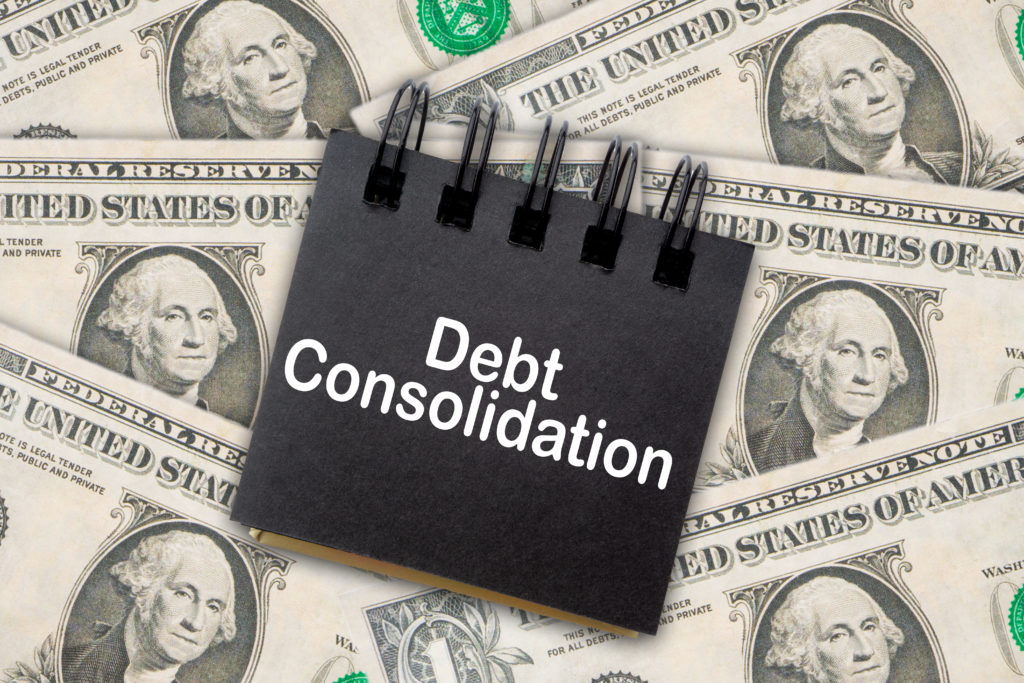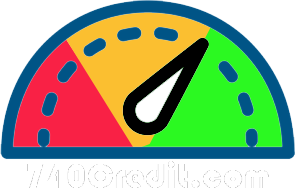What Debt Consolidation Does To Your Credit Score
If you are struggling with a large amount of debt, you may wonder what debt consolidation does to your credit score. As long as you are managing our debt responsibly, any effects on your score will be temporary. Understanding how consolidation will effect you can help you determine the correct steps to take.

Debt consolidation has the potential to both hurt and help your credit score. This is is determined by the method you choose and how consistent you are with your payment plan. There are ways to help decrease the negative impact to your score and to use consolidation to build your score back up.
What is Debt Consolidation?
Debt consolidation is when you take out a loan to pay off debt. This typically comes in the form of an actual loan or in a balance transfer from one credit card to another. There are also services that will work directly with your creditors to set up payment plans to pay off your debt and those do not require a loan. They are not true debt consolidation plans, but typically do fall under the same category of debt reduction in the minds of most financial experts. Depending on the method you choose, you credit will be effected in different ways.
When Debt Consolidation May Lower Your Score
If you decide to consolidate your credit, there are basically three different scenario that will cause your score to go down, even if it is only temporary.
Adding a new account
If you choose to open a new credit account to take advantage of a balance transfer offer, your score will take a small hit. This is because your score is based, in part, on the average age of your credit accounts. Opening a bran new card will change that average and your score will temporarily decrease.
Higher credit utilization
If your new card as a lower overall credit limit compared to the one you are transferring the balance from, this will mean your credit utilization is now higher. For example, if you have a card with a $5000 limit and you want to transfer your $2500 balance over to your new card to take advantage of a 0% APR offer but your new card only has a $2500 limit, your credit utilization has suddenly gone from 50% to 100%. Since your available credit has dropped significantly, you will see your score drop some. However, as you pay that debt down, the score will return to its previous level.
If you are using a credit counseling agency, they will likely require that you close your credit accounts. Once you close an account, any unused credit limit that you had available will be gone. Simply put, if you had four credit accounts and you were using roughly half of your available credit on each card, close the accounts to go on a debt management plan will suddenly bring your utilization rate up to 100% since you no longer actually have any available credit. You score will go down for a time, but making your debt management payments on time will help bring your score back up.
Hard Credit Inquiry
Any time you apply for new credit or a loan, this counts as a hard credit inquiry and those also will drop your score. These inquires generally will not drop your score by a lot unless you are trying to open multiple new accounts at once. A hard inquiry is generally only factored in to your score for about 12 months.
When Debt Consolidation May Increase Your Score
While you may see a temporary drop in your credit score when you start a debt consolidation (either on your own or as part of a more formal debt management plan), there are instances where you will see your credit score go up.
Lower credit utilization
If you are getting a new credit account to take advantage of a balance transfer offer and that card has a higher limit than your original card, your credit utilization will increase which looks good on your credit score. Just be sure you are not using this extra credit to rack up more debt!
Paying on time
Remember that making your monthly payments on time is a large portion of your credit score. Be sure that your are paying your bills on time, regardless of working on debt consolidation on your own or through a debt management plan. Most debt management plans require your monthly payment to be auto drafted from your linked bank account and then the company pays each creditor in turn their agreed upon amount. If you were struggling to make your payments on time, this auto pay set up will be very beneficial to you and you will see your score steadily climb over time.




